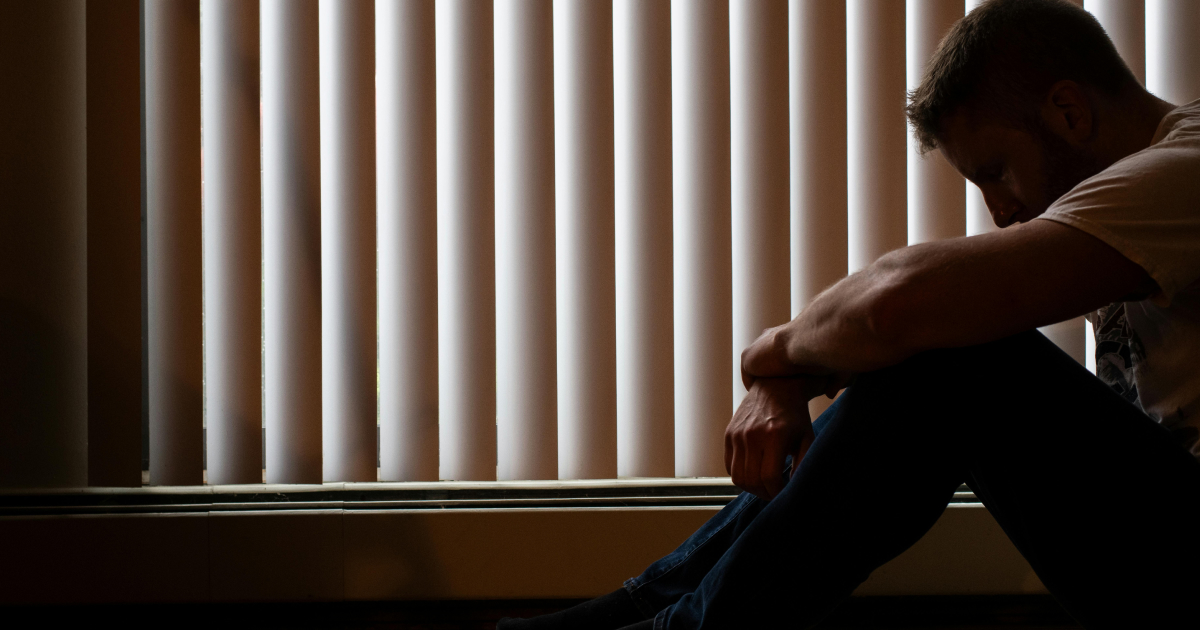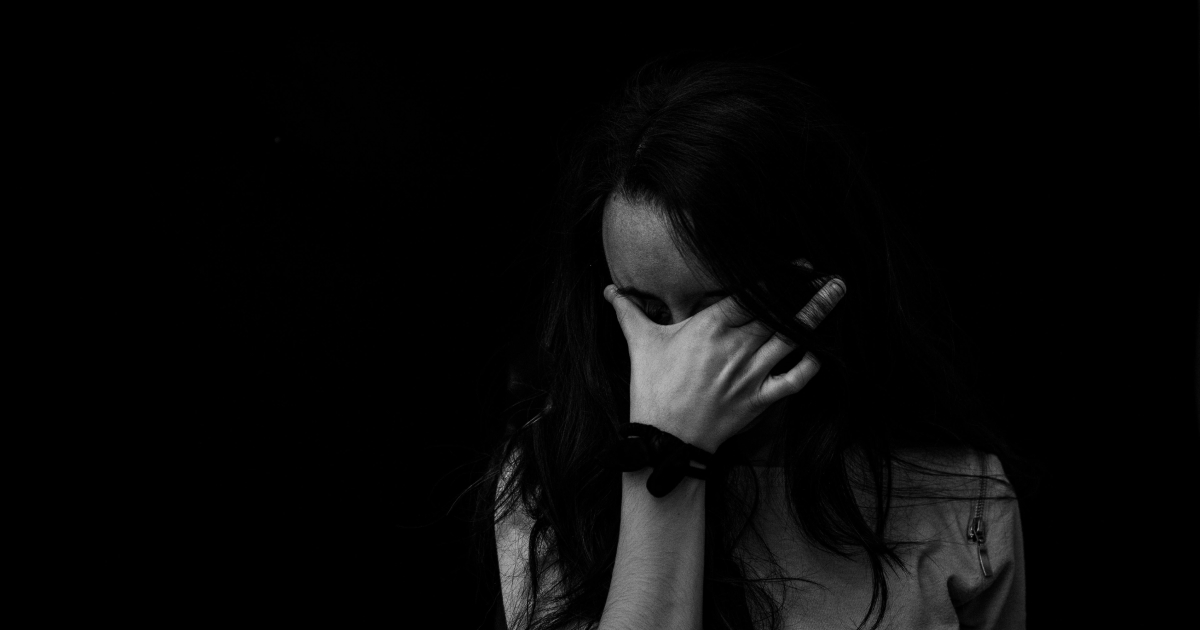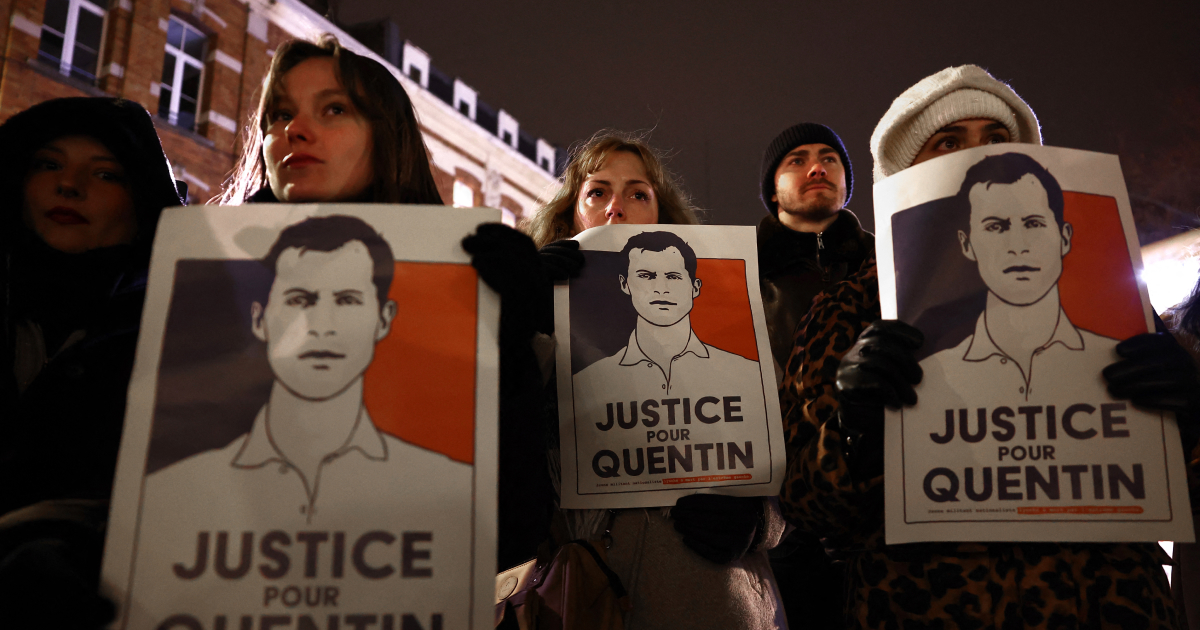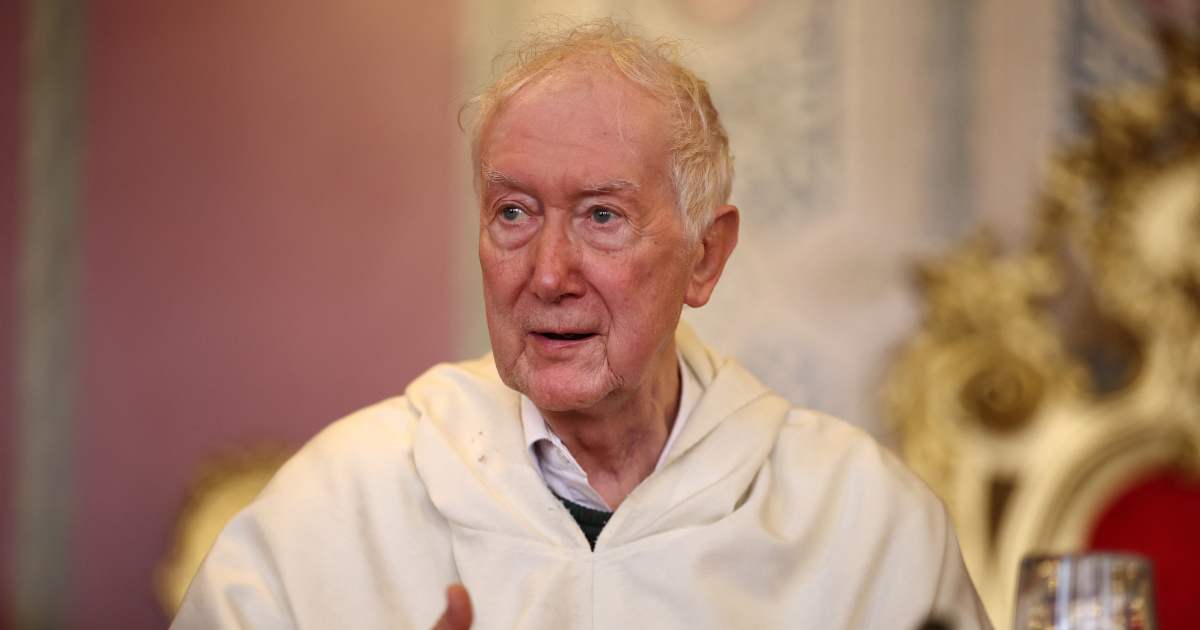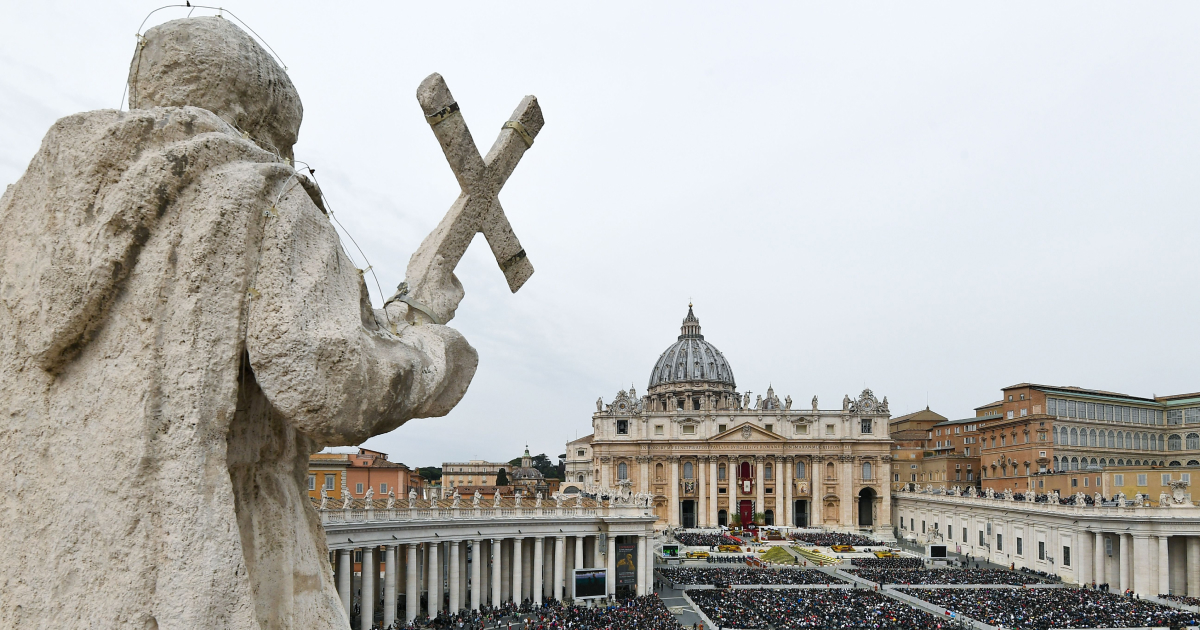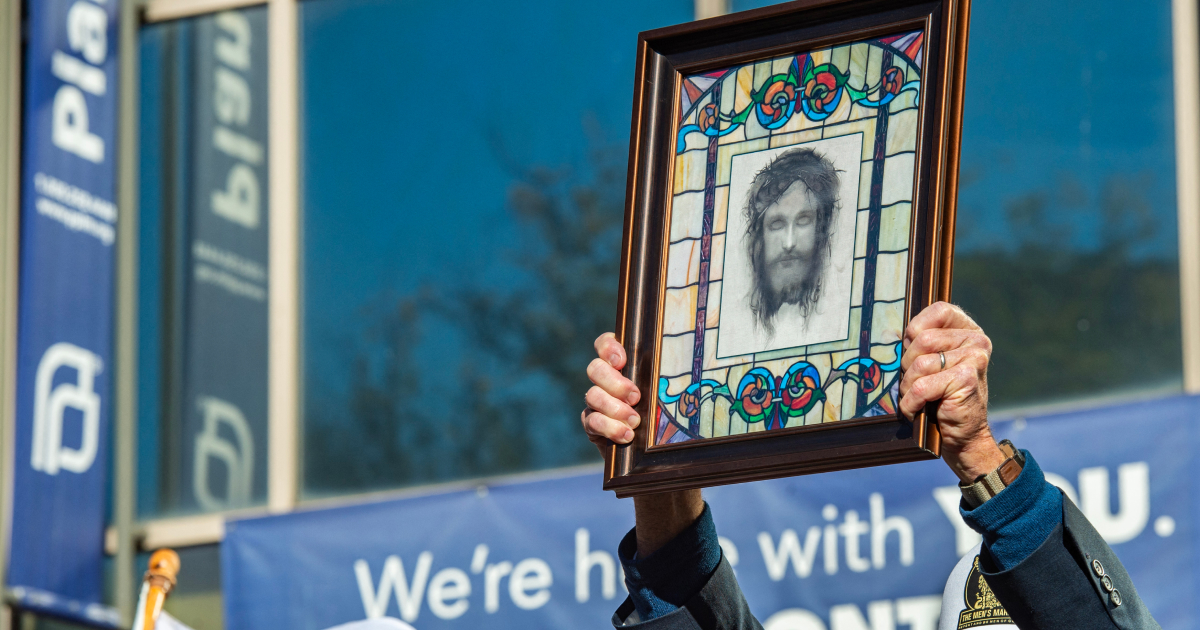Czech bishops have welcomed the outcome of last weekend’s parliamentary elections that saw a populist movement secure first place while a far-left coalition with an explicitly anti-Church agenda failed to secure a place in parliament.
The vote on 3-4 October, which saw high turnout reach nearly 70 per cent in the country of 10.7 million people, saw the ANO 2011 party, led by billionaire and former prime minister Andrej Babiš, win 35 per cent of the vote but fall short of an outright majority, reports the Catholic News Agency (CNA).
The Stačilo! coalition, a grouping of communists and far-left parties which had pledged to restrict religious freedom and revisit Church restitution agreements, won only 4.3 per cent, below the 5 per cent threshold required for representation in the Chamber of Deputies.
The rejection of the Stačilo! coalition presents the latest in a series of setbacks for the country’s once-powerful far left.
In a statement to the press, Archbishop Josef Nuzík of Olomouc, chairman of the Czech Bishops’ Conference, congratulated Babiš and urged the newly elected deputies to “build bridges, be sensitive to the weak and needy, honestly seek the truth, strive for understanding in society, and be ready to defend the rule of law and a just peace”.
He thanked voters who “showed interest in our common future” and said he would pray for the new legislators “so that we can live in peace, mutual respect, and work together for the well-being of our home”.
Bishop Pavel Konzbul of Brno told CNA that the result showed the Czech electorate had “rejected extremist parties”, describing it as “good news”.
He suggested a shift in foreign policy might follow, with ANO likely to take “a slightly different course towards Ukraine and the EU”. The bishop said he would be “curious to see how many of the numerous promises” made during the campaign could be fulfilled.
The outgoing coalition, SPOLU, made up of the Civic Democrats (ODS), TOP 09 and the Christian Democrats (KDU-ČSL) finished second with 23 per cent.
Observers say Babiš’s path to forming a government will be complicated by the fragmented result and limited coalition options. While ANO dominates the political landscape, its populist tone and Eurosceptic leanings place it at odds with several mainstream parties.
According to political scientist Jan Rovny, professor at Sciences Po in Paris, Babiš’s victory may prove “pyrrhic”, according to the London School of Economics (LSE) – he noted the losses of other parties leave Babiš with limited partner options, making any coalition “small, internally incongruent and organisationally tenuous”. Rovny added that checks from the Czech Senate and President Petr Pavel would likely prevent any major shift from current political norms in the country.
The Czech Republic’s bishops have long warned against the revival of Marxist parties and defended the post-communist settlement that saw the return of Church properties seized during four decades of communist rule.
Photo: People dressed in traditional outfits leave a polling station after casting their vote in Sardice, South Moravia, Czech Republic, 3 October 2025. (Photo by RADEK MICA/AFP via Getty Images.)





.jpg)


